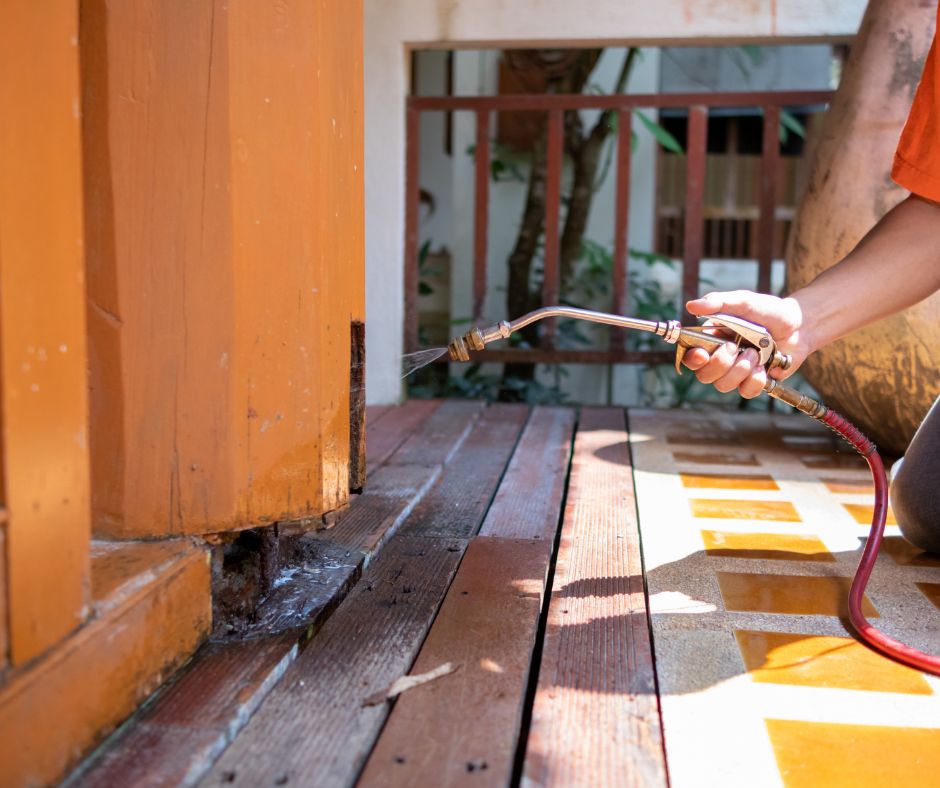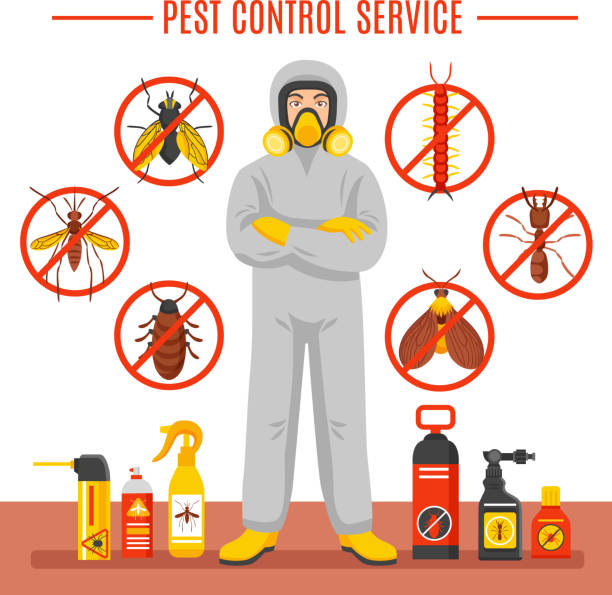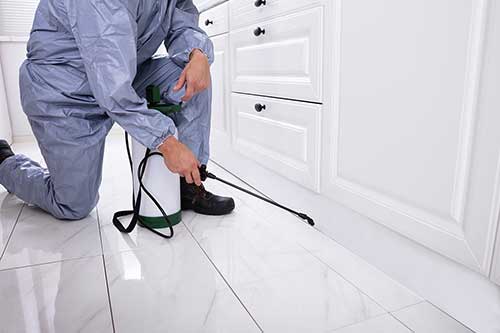Certified Pest Control in Port Charlotte
Comprehensive Guide to Understanding Parasite Control Techniques and Their Therapy
Recognizing pest control approaches is important for reliable monitoring of unwanted organisms that posture threats to wellness, farming, and home. What variables should be taken into consideration when selecting the ideal insect control technique for a certain circumstance?
Overview of Parasite Control Approaches
Insect control techniques incorporate a range of techniques designed to manage and remove undesirable microorganisms that can hurt human wellness, farming, and building. Efficient insect management is critical for maintaining the integrity of ecosystems and making certain the security of food supplies. These techniques can be extensively classified into three main methods: cultural, mechanical, and organic controls.

Cultural control includes changing farming methods or environmental conditions to lower insect establishment and recreation. This technique includes plant turning, cleanliness, and selecting pest-resistant plant ranges. Mechanical control relies upon physical obstacles or gadgets to stop parasite gain access to or straight remove them. Examples consist of catches, webs, and hand-picking hazardous insects.
Biological control uses natural predators, parasites, or microorganisms to regulate pest populations. This approach stresses environmental balance and can consist of presenting helpful pests, such as ladybugs or predatory nematodes, to manage parasite visibility.
Integrated insect administration (IPM) combines these strategies, making use of an alternative method that emphasizes prevention, surveillance, and accountable management. By using a blend of these methods, parasite control can be a lot more sustainable and reliable, lessening dependence on chemical interventions while guarding human health and wellness and the environment.

Chemical Bug Control Solutions
A variety of chemical bug control solutions are offered, providing efficient alternatives for managing bug populaces when various other methods might fail. These remedies largely consist of insecticides, herbicides, fungicides, and rodenticides, each designed to target certain parasites while reducing injury to non-target organisms.
Insecticides are especially reliable against a variety of bugs, consisting of ants, roaches, and termites, and can be identified as contact or systemic representatives. Call insecticides kill bugs on call, while systemic pesticides are absorbed by plants, making them hazardous to pests that feed upon them. Herbicides are used to manage undesirable plant life, whereas fungicides are necessary for taking care of fungal conditions that can harm plants and decorative plants.
In addition, integrated insect management (IPM) principles need to be utilized, integrating chemical solutions with cultural, mechanical, and organic approaches for lasting insect control. This alternative technique not only boosts pest monitoring efficiency yet likewise decreases potential ecological impacts linked with chemical usage.
Biological Insect Control Strategies
Organic pest control strategies supply an environmentally pleasant option to chemical methods by making use of all-natural killers, parasites, or pathogens to handle pest populaces. This method leverages the try this site ecological partnerships between microorganisms, promoting a well balanced ecosystem while reducing chemical deposit in the atmosphere.
Among the most usual organic control techniques entails the introduction of natural adversaries. For circumstances, ladybugs are employed to manage aphid populaces, while parasitical wasps can target caterpillars and other bugs. These all-natural predators properly reduce pest numbers without damaging helpful insects.
Additionally, microbial agents such as germs, fungis, and infections are used to infect and kill particular bugs. Bacillus thuringiensis (Bt), a normally taking place microorganism, is widely utilized to manage caterpillars and various other larvae, showcasing the efficiency of microbial parasite control.

Physical and Mechanical Methods
Often utilized in incorporated parasite administration approaches, physical and mechanical methods act as reliable devices for regulating pest populaces without making use of chemicals. These strategies count on physical obstacles, catches, and other mechanical devices to stop or eliminate bugs, making them ecologically friendly options.
Physical techniques include using barriers such as insect netting, screens, helpful site or row covers that literally obstruct pests from accessing plants. This is specifically useful in farming settings where crop protection is vital. Furthermore, environment manipulation, such as removing debris and standing water, can minimize pest breeding websites, thus minimizing infestations.
Mechanical approaches encompass catches, which can be made to catch details bugs. Sticky catches and pheromone traps prevail examples that entice and retain insects, promoting surveillance and control. helpful resources Vacuuming is an additional mechanical method, efficient for getting rid of bugs from indoor environments, particularly in instances of infestations.
Preventative Bug Administration Strategies
Efficient preventative bug management strategies are important for keeping healthy settings and reducing pest-related problems before they develop (Pest Control in Port Charlotte, FL). These methods focus on positive measures that minimize the possibility of bug infestations by dealing with the source

Another vital technique entails proper landscape design practices (Pest Control in Port Charlotte, FL). Keeping greenery trimmed and far from buildings can lower harborage areas for parasites. Likewise, carrying out incorporated insect monitoring (IPM) techniques that consist of monitoring bug populations and utilizing organic controls can foster a well balanced environment that normally suppresses pest numbers.
Education and learning and training for team and locals on acknowledging very early signs of bug task are additionally key elements of a reliable preventative program. By promoting a setting of awareness and watchfulness, organizations and home owners can greatly boost their insect administration initiatives and guard their rooms against future infestations.
Final Thought
Finally, effective insect control needs a diverse technique that integrates chemical, organic, and mechanical approaches. Using an Integrated Parasite Monitoring (IPM) structure permits the lasting management of bugs while minimizing ecological influence. Preventative methods additionally improve the effectiveness of these techniques, making sure long-lasting protection of health, farming, and residential or commercial property. Eventually, a complete understanding of these varied bug control methods is essential for attaining effective results in parasite monitoring campaigns.